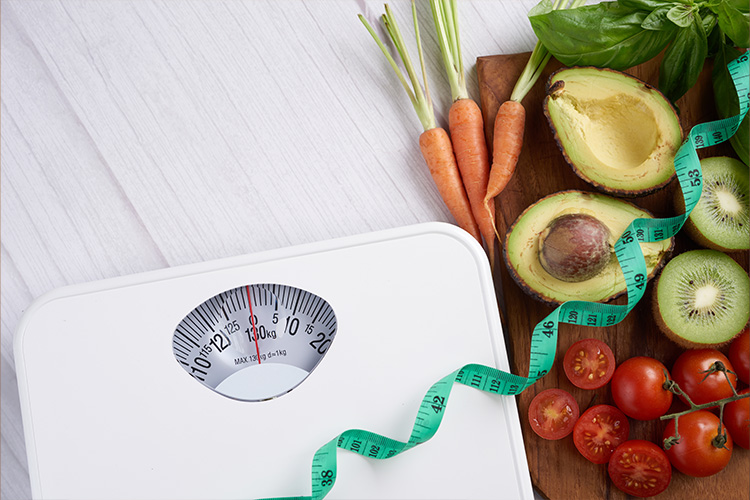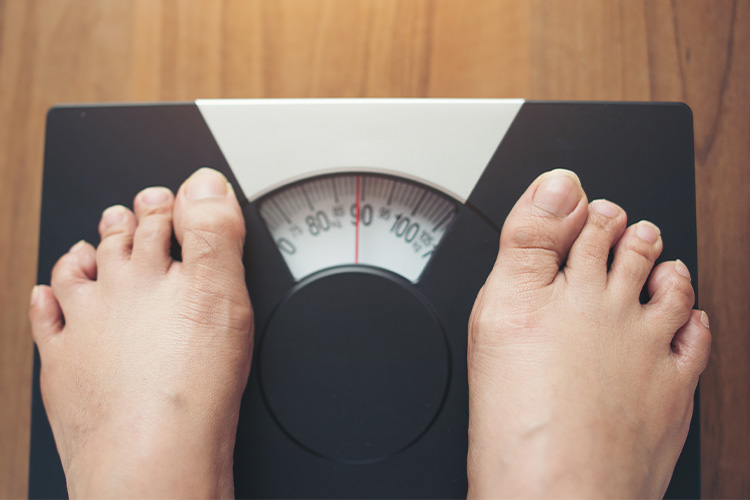When it comes to weight loss, there’s no magic solution. However, with the right diet and strategy, you can achieve sustainable weight loss while maintaining good health and energy levels. A balanced approach to nutrition is key to shedding extra pounds without depriving your body of essential nutrients. Whether you’re just starting your weight loss journey or looking for an effective diet plan for weight loss, this guide will provide practical tips to help you succeed.
Understanding the Basics of a Weight Loss Diet
Before diving into specific strategies, it’s important to understand the core principles of weight loss. It’s crucial to create a calorie deficit, which is achieved by taking in fewer calories than your body expels. But beyond simply counting calories, it’s important to focus on the quality of the food you eat, ensuring you get the right nutrients for optimal health.
Eat Nutrient-Dense Foods
Focus on foods that are rich in nutrients but low in calories, such as vegetables, fruits, lean proteins, whole grains, and healthy fats. These foods nourish your body while helping you lose weight.
Control Your Portions
Overeating—even healthy foods—can hinder your weight loss efforts. Be mindful of portion sizes and avoid eating large amounts of food in one sitting.
Balance Your Macronutrients
A balanced diet includes carbohydrates, proteins, and fats in the right proportions. This ensures you have enough energy to stay active while promoting fat loss and preserving muscle.

Effective Strategies for Weight Loss
Instead of following a rigid diet, incorporate these practical weight loss strategies into your daily routine. They promote healthy weight loss that’s sustainable in the long term.
Intermittent Fasting
Intermittent fasting, has gained popularity as a weight loss strategy. It entails alternating between eating and fasting times. The 16:8 method, for instance, calls for 16 hours of fasting and an 8-hour window for eating. It can help reduce calorie intake while giving your body time to burn fat.
Increase Your Protein Intake
Protein is known to boost metabolism, reduce appetite, and support muscle retention. High-protein foods like chicken, eggs, beans, and tofu can help you feel fuller for longer, reducing the urge to snack between meals.
Prioritize fibre-Rich Foods
Fibre helps you feel full and supports digestive health. Include foods high in fibre in your meals, such as whole grains, legumes, fruits, and vegetables. These foods also stabilize blood sugar levels and prevent overeating.
Limit Processed Foods and Sugary Drinks
Cutting back on processed foods and sugary drinks can make a big difference in your weight loss journey. These items are often high in calories but low in nutritional value. Opt for water, herbal teas, and natural snacks instead.
Keep Healthy Snacks on Hand
Having healthy snacks available can prevent you from reaching for unhealthy alternatives. Choose snacks like fruit, nuts, yoghurt, or veggie sticks with hummus to keep your hunger at bay.
Plan Your Meals
Making healthier food choices and avoiding impulsive eating are aided by meal planning. Preparing a weekly menu and meal-prepping on weekends can help you stick to your diet goals.
Stay Hydrated
Drinking enough water is crucial for weight loss. Water helps control hunger, supports digestion, and promotes a healthy metabolism. Aim for at least 8 glasses of water a day, and try drinking a glass of water before meals to help control portion sizes.

Lifestyle Changes to Support Weight Loss
While diet plays a central role in weight loss, combining it with healthy lifestyle changes will improve your results and overall well-being.
Stay Physically Active
Regular exercise helps burn calories and supports your weight loss goals. Aim for a combination of cardio (such as running or cycling) and strength training exercises to maximize fat loss while toning your body. Even small activities like walking, taking the stairs, or engaging in a yoga session can make a big difference.
Get Enough Sleep
Sleep is often overlooked when it comes to weight loss. Poor sleep can affect hormones that regulate hunger and appetite, leading to overeating. Aim for 7-8 hours of sleep per night to give your body time to rest and recover.
Manage Stress
Chronic stress can lead to emotional eating and cravings for high-calorie comfort foods. Managing stress through mindfulness practices, meditation, yoga, or even deep-breathing exercises can help you stay focused on your weight loss goals.
Track Your Progress
Keeping track of your food intake, physical activity, and weight can help you stay motivated and identify areas for improvement. There are many apps available that can assist with tracking calories, workouts, and overall progress.
Foods to Include in Your Weight Loss Diet
Here are some essential foods to incorporate into your diet for successful weight loss:
Leafy Greens
Leafy greens such as spinach, kale, and arugula are low in calories and high in fibre, making them perfect for weight loss. They are also packed with essential vitamins and minerals.
Lean Proteins
Foods like chicken breast, turkey, fish, tofu, and beans are excellent sources of lean protein. They help build muscle, keep you full, and prevent overeating.
Whole Grains
Refined grains should be avoided in favour of whole grains like quinoa, brown rice, oats, and whole wheat. They give you energy, fibre, and vitamins without raising your blood sugar.
Healthy Fats
Add fats from avocados, nuts, seeds, and olive oil that are good for the heart. In addition to promoting heart health, these fats make you feel full after eating.
Fruits and Vegetables
Your diet should be centred around fruits and vegetables. They are low in calories, high in fibre, and packed with essential nutrients.
Final Thoughts on a Diet Plan for Weight Loss
Successful weight loss doesn’t happen overnight. It requires a commitment to healthier eating habits and lifestyle changes. By incorporating nutrient-dense foods, practising portion control, and following effective weight-loss strategies, you can achieve your goals and maintain long-term success. Remember, consistency is key—stay motivated and enjoy the journey to a healthier, happier you!
This blog offers a well-rounded approach to weight loss by incorporating sustainable dietary and lifestyle habits.

